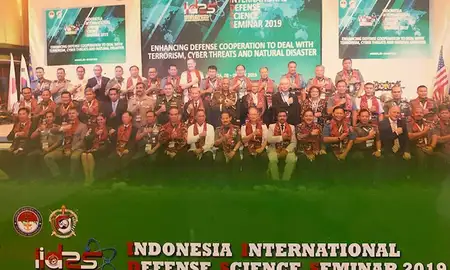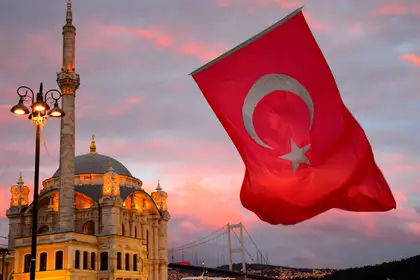
Stakes are high for the upcoming election in Turkey.
For the first time, after 20 years in power, President Recep Tayyip Erdoğan’s power in Turkey is challenged. Six political parties, who disagree over some major political issues, have joined forces to contest the power of the Justice and Development Party (JDP). This presidential election is also significant because it’s held in combination of parliamentary election and therefore the stakes are very high for both sides.
President Erdoğan’s party, JDP, still has a strong power base in Turkey. He has managed to place his supporters in key positions in ministries, as well as military and intelligence services over the last 20 years.
This is particularly the case after the failed coup in 2016, which gave him justification to speed the process of replacement.
The People’s coalition in opposition was formed under the leadership of Kemal Kilicdaroglu, due to his willingness and ability to work with influential parties such as the Kurdish Peoples' Democratic Party (Halkların Demokratik Partisi (HDP)). While HDP is participating in the parliamentary election this year with their independant list, they have announced their support of the coalition and of Mr Kalicdaroglu.
There are, however, some major reasons behind the fostering of this coalition that could be the motivation for sustaining it. The financial crisis that Turkey has been experiencing, the failure of President Erdoğan’s government in responding to the earthquake, the extent of corruption that was exposed after the earthquake and the generation gap have intensified dissatisfaction with the President’s domestic policies and international affairs.
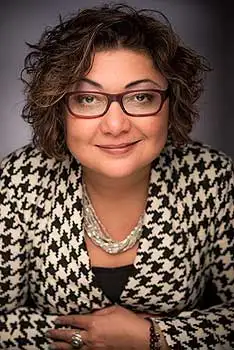
Dr Negar Partow.
While the first 10 years of his era was an era of rethinking Mustafa Kemal Atatürk's vision of Turkey, since 2013 President Erdoğan has prioritised foreign affairs over domestic policies. The war in Syria and its humanitarian crisis, the failed coup of 2016, the issue of Syrian refugees and negotiation with the European Union (EU), Turkey’s position on the arming and training of Kurds by United States (US) forces, the failure of the EU in fulfilling its promises in terms of Syrian refugees and the question of Karabakh and Abkhazia are only a few of the regional issues to which Turkey has responded.
Prioritising these events has contributed to the intensification of anti-American sentiment in President Erdoğan’s government and its closeness to Russia. For instance, in 2016, the EU struck a deal with Turkey over Syrian refugees. President Erdoğan’s government was to keep Syrian refugees in the country and away from European borders. In return, the EU was to pay €6 billion to help Turkey deal with the humanitarian situation of refugees and promised Turkey it would resume negotiations on Turkey’s membership in the EU. There are some concerns about how the money from the EU was spent in Turkey and why the government did not follow the EU’s promise of membership.
The People’s coalition suggests that the focus on these international and regional issues has distracted the government's attention away from the expansion of poverty and mismanagement of the economic crisis.
The second reason for the formation of the coalition is the tension between the secular and nationalist Kemalist vision of Turkey and the religious nationalist vision of President Erdoğan for revising the glory of the Ottoman Empire.
For President Erdoğan, the responsibility of a government is to revive the glory of the past Empire through gaining a regional leadership position. His push for the latter meant that in the last 10 years foreign affairs and regional politics have superseded domestic politics in term of importance.
One of the slogans that the opposition coalition is prioritising in this round of election is, therefore, the prioritisation of domestic politics and paying attention to what happens inside Turkey rather than thinking about how to reshape national politics to meet President Erdoğan’s vision of foreign affairs.
This factor is foundational in the opposition’s critique of the Islamisation of Turkey through a series of authoritarian policies. The opposition hopes that by pivoting towards secularism and focusing on a nationalist narrative that is closer to Ataturk’s vision, they could attract the young generation and secular women to vote for the opposition.
It is almost certain that the election in Tukey will go to the second round. This is partly due to the support that President Erdoğan and the JDP still enjoy and, to a degree, as the result of the inability of the opposition, which hadn’t been able to find a common ground until this round of election, to have a clear vision and plan for the future.
Regardless of which party wins, it doesn’t seem that there will be a major change in Turkey’s domestic, regional or international politics in the short-term. If the opposition coalition succeeds, Turkey will gradually move towards warmer relations with the US and a national identity narrative that is less concerned with regional changes, is closer to Ataturk’s vision and is distanced from President Erdoğan’s revitalisation of Ottoman Empire strategy.
Related news
Opinion: Unity and innovation in Iranian and Afghani women’s resistance strategies
By Dr Negar Partow.
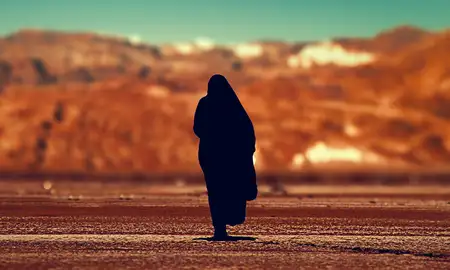
Opinion: With an Iranian Feminist Revolution on the rise, the future of political Islamism is determined
Senior Lecturer Dr Negar Partow from Massey's Centre for Defence and Security Studies offers insights into the women's movement in Iran.
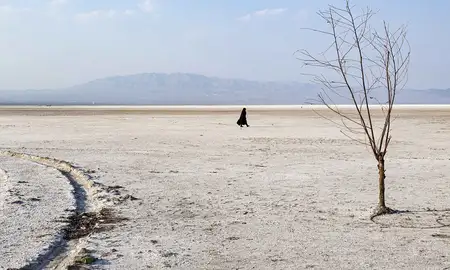
Opinion: New Zealand – security with a difference
Gender inequality persists in the security and defence sector - a reality Dr Negar Partow was reminded of when she attended an international conference on defence science in Jakarta recently.
